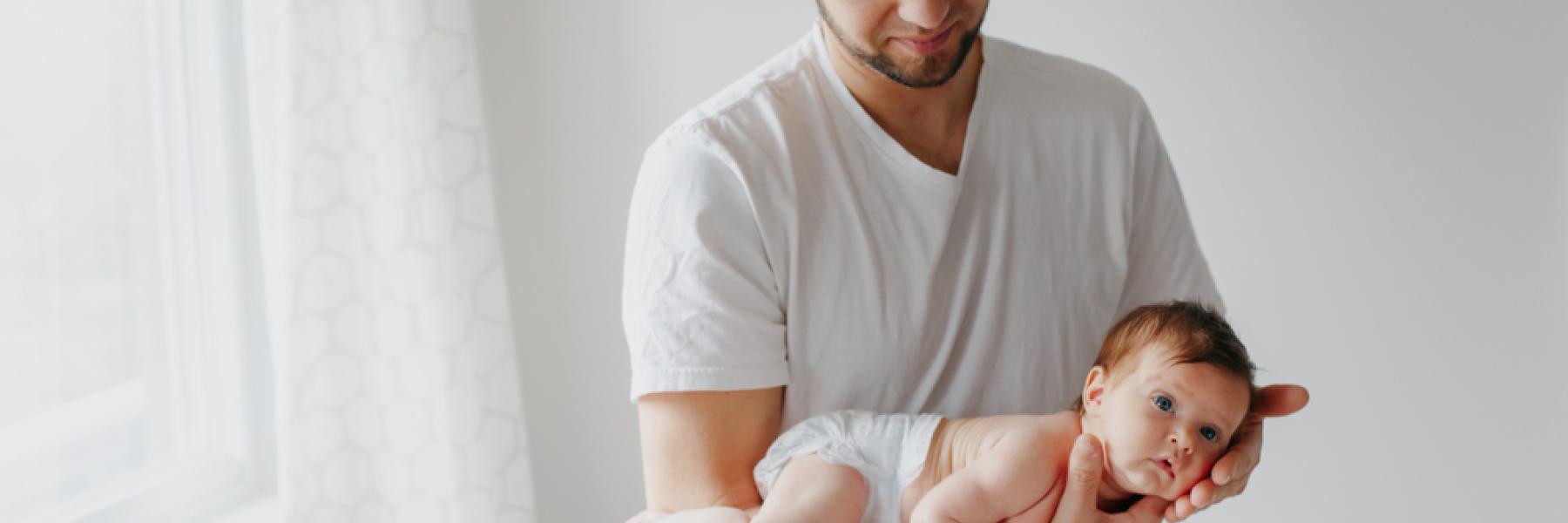
Jaundice in Babies
Nearly half of all newborn babies will develop mild jaundice. Their skin or whites of their eyes may look yellow. This usually does not cause any problems and will fade by the end of the first week of life.
Why does my baby have jaundice?
It is normal for newborn babies to break down red blood cells (RBC) in the first few days of life. The waste product of RBC breakdown is bilirubin. Jaundice is caused by bilirubin building up in the blood. Bilirubin is normally passed out of the body in wee and poo. Bilirubin will stay in the blood if it is not excreted as quickly as it is produced. This causes your baby’s skin and eyes to go yellow.
Normal jaundice will go away as soon as babies’ liver matures, they are feeding well and are weeing and pooing more frequently.
How do I know if my baby has jaundice?
Signs of jaundice in babies:
- your baby’s skin and the whites of their eyes may be yellow.
- Your baby may be very sleepy and may not feed well.
- Your baby may have fewer wet nappies. They may have dark coloured urine
- Your baby may have pale or clay coloured poo, this may be a sign of liver problems, and they should be seen by a doctor as soon as possible.
The midwives and doctors caring for you and your baby in hospital will check for signs of jaundice. As well as looking at their colour, tests for jaundice can include:
- Transcutaneous bilirubinometer light test (TCB)-a non-invasive test to get an approximate measure of the jaundice level.
- Blood test called serum bilirubin level (SBR) to get a more accurate measure of jaundice.
- Urine test
Which babies are more likely to have jaundice?
- Babies born before 37weeks.
- Babies with a birthweight under 2.5kg
- Babies who develop an infection.
- Those with a blood group or rhesus factor incompatibility.
- Babies who have liver disease.
- Babies who have been born by vacuum or forceps.
Some breastfed babies can develop jaundice during the first few weeks as your milk supply is increasing.
There are concerns for babies who develop jaundice in the first 24hrs or who still have it after 2 weeks. Speak to your midwife, child and family health nurse or doctor if you are worried.
Treatment
Mild jaundice will often go away without treatment. Encouraging your baby to feed frequently can help.
Moderate jaundice is treated with phototherapy. Your baby is placed under a special overhead blue light or biliblanket that helps break down the bilirubin. In more serious cases babies made need medication or a blood transfusion.
References:
Related Topics

Babies cry as a way of communicating their needs. It can be stressful if your baby is crying a lot and difficult to settle.

